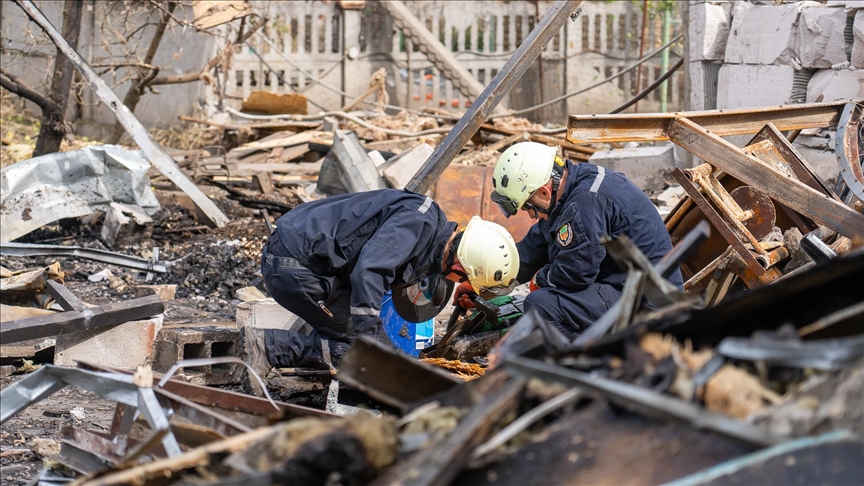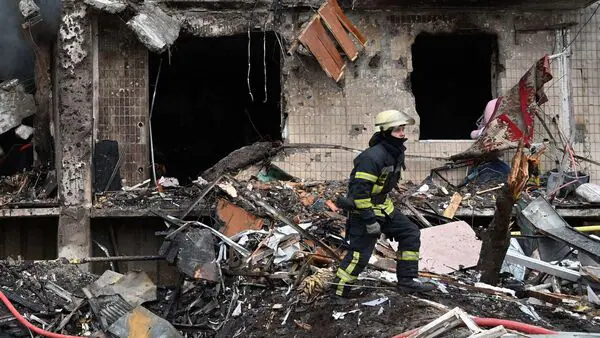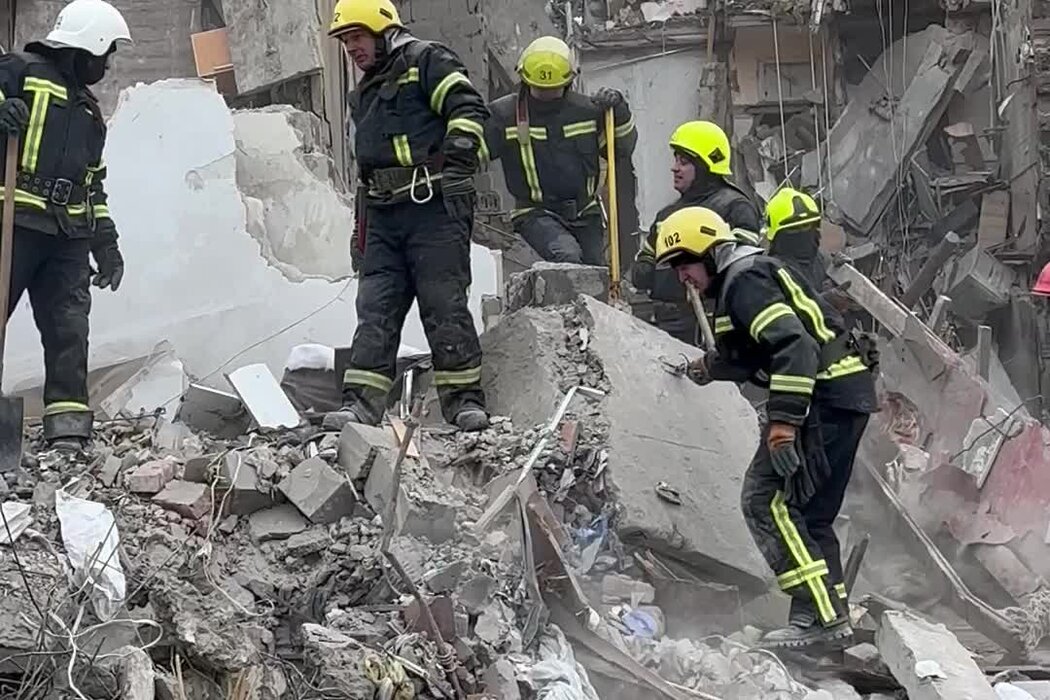The already complex and fragile path toward peace between Russia and Ukraine faced new hurdles this week. In a dramatic turn of events, US Senator Marco Rubio issued a stern warning, threatening to pull out of ongoing peace talks unless clearer boundaries and intentions are set. This comes as new details emerge about a US-brokered minerals deal, sparking further controversy and geopolitical tension.
The Crumbling Trust in Peace Negotiations
Negotiations aimed at resolving the devastating conflict between Russia and Ukraine have been slow and arduous, marked by deep mistrust and frequent setbacks. The involvement of global powers like the United States has added another layer of complexity. Rubio, a senior member of the Senate Foreign Relations Committee, expressed grave concerns about the direction the talks were heading, criticizing what he described as “ambiguous deals” and “hidden agendas” overshadowing the primary goal of achieving a sustainable peace.
His threat to walk away underscores the growing dissatisfaction among American lawmakers who feel that US interests — and broader international norms — are being sidelined or manipulated for economic gain.
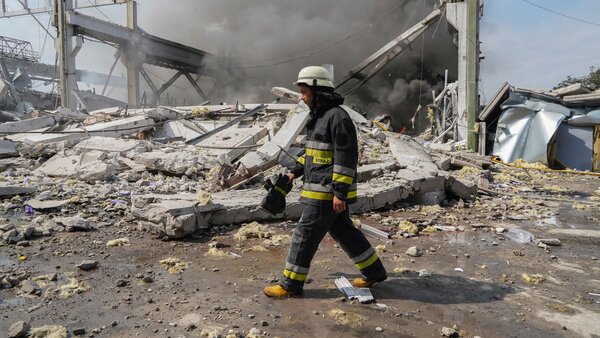
The Controversial US Minerals Deal
Adding fuel to the fire, a leaked outline of a US minerals agreement surfaced during the same period, raising eyebrows across the political spectrum. The deal reportedly involves securing rights to key mineral resources in Ukraine, crucial for advancing green technology and defense industries.
Critics argue that the timing and nature of this deal suggest that economic interests are being prioritized over humanitarian concerns. Rubio and others warn that such arrangements could undermine the credibility of the peace process, turning negotiations into a bidding war for Ukraine’s vast natural wealth rather than focusing on ending the war and restoring sovereignty.
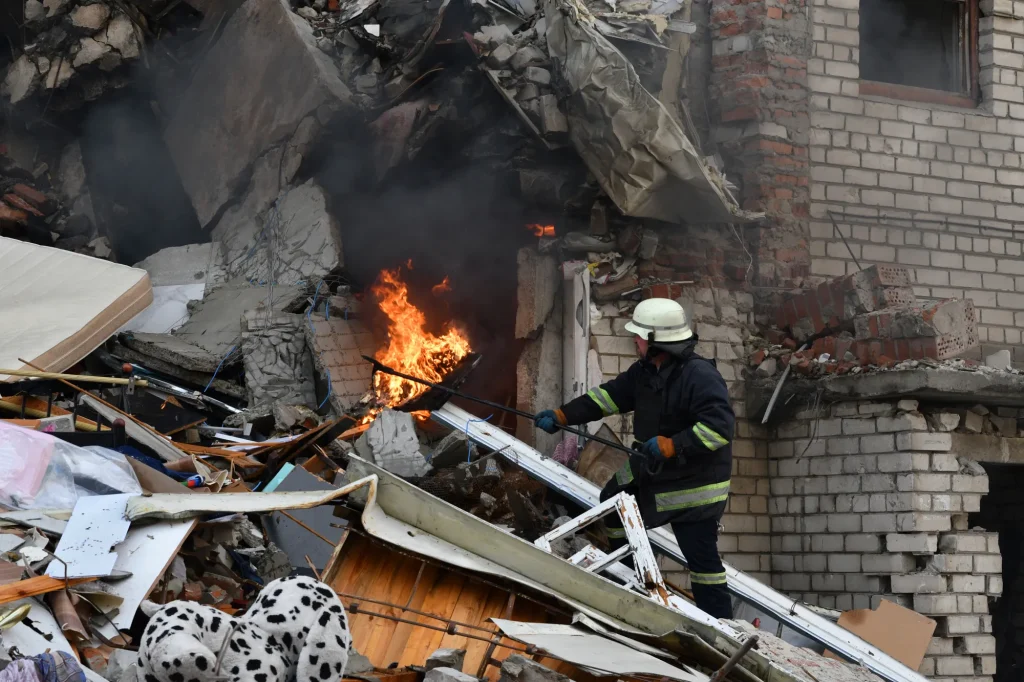
International Reactions
Global responses have been mixed. Some European allies share Washington’s concern about transparency and fairness in the peace process, while others fear that Rubio’s hardline stance could derail one of the most promising diplomatic openings in months. Meanwhile, Ukrainian officials find themselves walking a tightrope — eager for foreign investment and support, yet wary of appearing to “sell off” their country’s resources during a time of national crisis.
Russia, predictably, seized on the controversy to criticize the West, accusing the United States of using Ukraine as a pawn for its economic ambitions rather than genuinely seeking peace.
What Happens Next?
The coming days will be critical. Will Rubio’s warning lead to a recalibration of US strategy in the negotiations? Or will the peace talks collapse under the weight of distrust and competing interests?
Either way, the situation highlights a harsh reality: in the high-stakes arena of international conflict and diplomacy, peace is often entangled with power, profit, and politics.
As the world watches anxiously, one thing is clear — the road to ending the Russia-Ukraine war remains rocky, uncertain, and deeply influenced by forces far beyond the battlefield.
